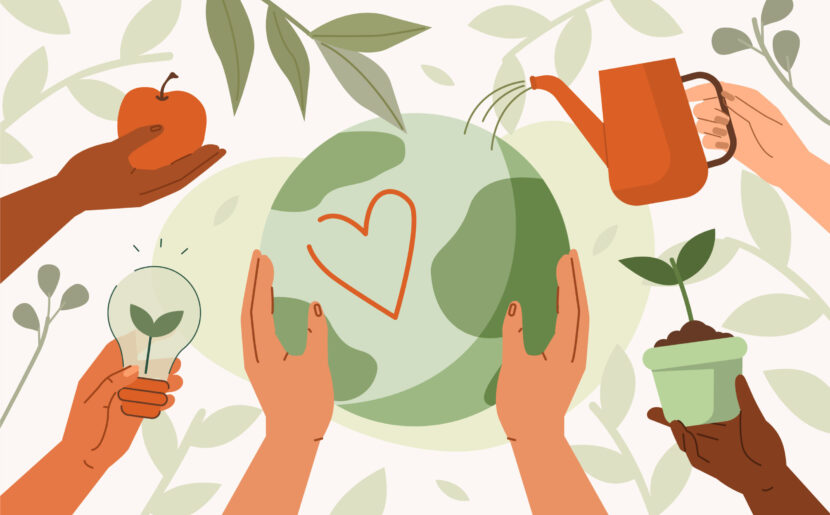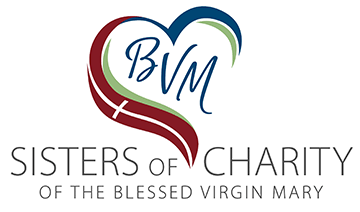A New Mantra

“Make every day a Thanksgiving Day, make every day an Earth Day.”
Human beings cannot survive longer than a few minutes without oxygen. The oxygen we breathe comes from the photosynthetic processes of trees, grasses, and other plants on land and of phytoplankton in the oceans.
Every sip of water we drink comes from rain, glaciers, lakes, and rivers. Without land we would have no food to eat . . . and without rivers and oceans we would have no fish or seafood to consume.
Every breath we take, every drop of liquid we drink, and every morsel of food we eat comes from nature and connects us profoundly to it. It is a simple basic truth, yet one we often tend to ignore or take for granted. (Figueres and Rivett-Carneac, 2021, p. 73, 74.)
Pause for a moment to take a deep breath and reflect on the last time you reflected on your breathing, eating, or drinking. Offer a word of thanks. Ponder the sources of your food and water. As the authors Christiana Figueres and Tom Rivett-Carnac of The Future We Chose: The Stubborn Optimist’s Guide to the Climate Crisis pointed out, we often take for granted our profound connection with nature (at least I know I do!).
Figueres and Rivett-Carnac were two key negotiators of the 2015 Paris Agreement on climate change bringing 195 countries together to sign it. That same year Pope Francis wrote the Encyclical, Laudato Si’: On Care for our Common Home (LS). I do not believe this was just a coincidence.
Both texts recognize “The analysis of environmental problems cannot be separated from the analysis of human, family, work-related and urban contexts, nor from how individuals relate to themselves, which leads in turn to how they relate to others and to the environment. There is an interrelation between ecosystems and between the various spheres of social interaction, proving yet again that “the whole is greater than the part (LS, 115).”
“Everything is interconnected, and that genuine care for our own lives and our relationships with nature is inseparable from fraternity, justice, and faithfulness to others (LS 70).” If everything is related, then the health of a society’s institutions has consequences for the environment and the quality of human life. “Every violation of solidarity and civic friendship harms the environment (LS 116).” In this sense, social ecology is necessarily institutional, and gradually extends to the whole of society, from the primary social group, the family, to the wider local, national, and international communities (LS 142).
The authors Figueres and Rivett-Carnac call for hope—a “stubborn optimism”—as a deliberate mindset and believe that humanity has the ability and ingenuity to address any challenge, including the climate crisis.
This “stubborn optimism” attitude reflects the Laudato Si’ attitudes of “gratitude and gratuitousness which are ways of acknowledging creation as God’s “loving gift.” These attitudes will lead to “a loving awareness that we are not disconnected from the rest of creatures but joined in a splendid universal communion (LS 220).”
In this spirit, as our nation celebrates the Thanksgiving holiday, let us individually and collectively join with others globally to affect climate change and become this mantra to “Make every day a Thanksgiving Day, make every day an Earth Day.”
We will become the change we want to see.
Figueres, C., & Rivett-Carnac, T. (2021). The Future We Choose: The Stubborn Optimist’s Guide to the Climate Crisis. Vintage Books.

Thank you so much for reminding us of all that we need to be most grateful, also for the TAKE ACTION notices. I am grateful for you.
Thank you for weaving together much earth wisdom, reminding us of the sacredness of all life around us, above us, below us, within us. Air, earth, fire and water are life-enhancing gifts. Thank you, Creating Presence, for all your care of us and all creatures everywhere,